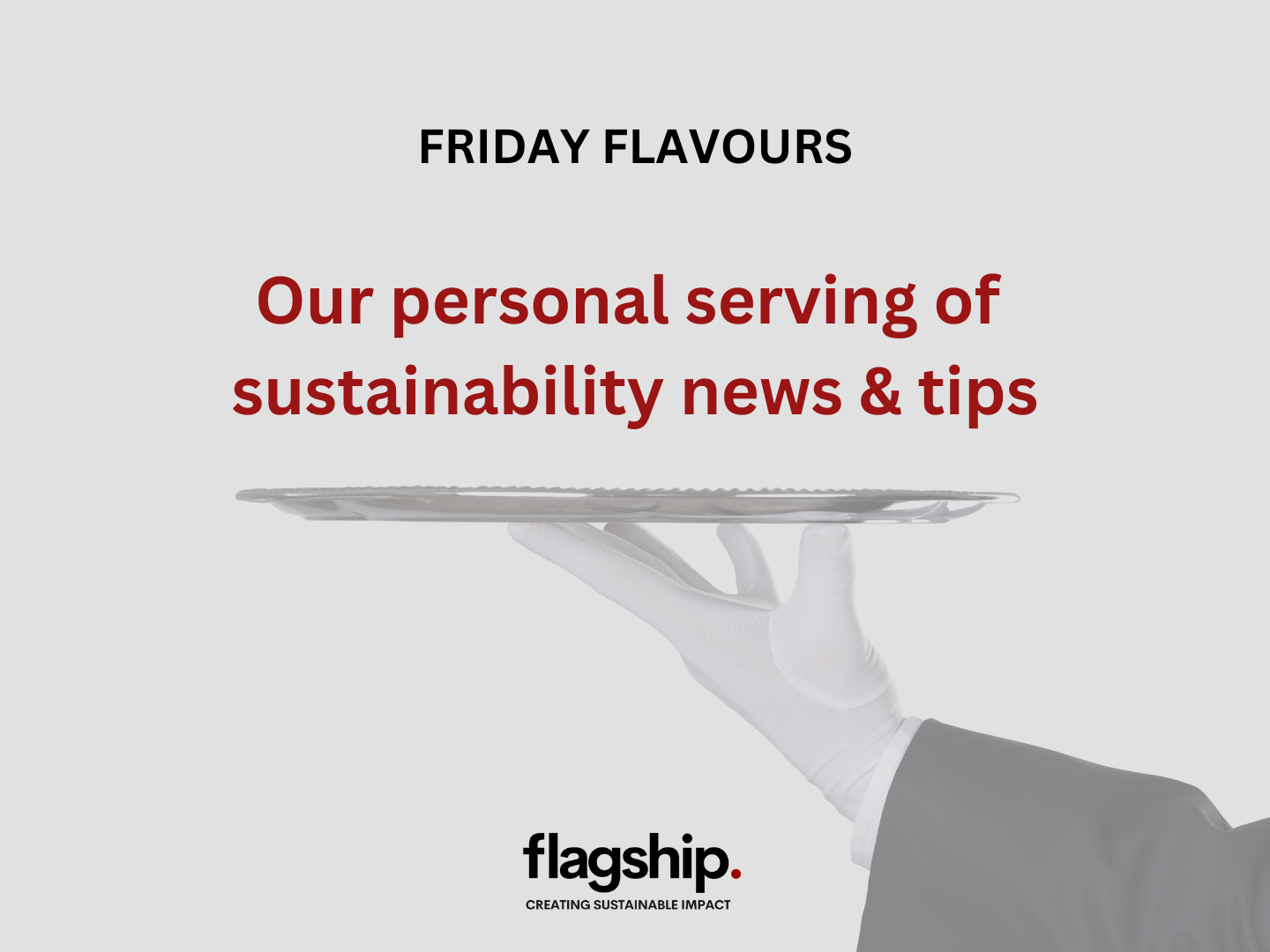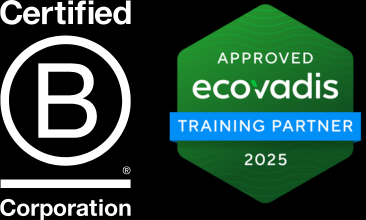The experts on our team regularly bring you a selection of recommendations and insights related to environmental and social responsibility. Whether it's an enticing book, an intriguing article, a project supporting a great cause or a helpful tool, we'll share our thoughts on why this particular piece spoke to us and why we think this particular topic is important.
Let us know what you think about our recommendations and insights, or whether you’d like to share some of your own tips with us - we’d love to hear from you.
Lee Chambers is a breath of fresh air in the conversation around male allyship and gender equality. His posts don’t just encourage men to step up—they shed light on the deeply ingrained biases women face every day, often without even realising it. From gender health disparities to the emotional labour women are constantly expected to bear, Lee dives into the uncomfortable truths that need to be heard. What’s great about his content is that he doesn’t just talk about problems—he offers real, actionable insights on how to create change. For men looking to be better allies and women seeking validation that the struggles they face are real and should be challenged, Lee’s posts are eye-opening, thought-provoking, and always timely.

For anyone who wants to read a wide range of perspectives on the topic of climate change and its causes, consequences and solutions, I recommend reading Greta Thunberg’s “The Climate Book,” which is a collection of essays by over 100 experts. From university professors to members of indigenous communities, it covers the technical, psychological, social and cultural aspects of climate change. The message I took away from it is that every single person has their own way to contribute to fighting climate change, whether it be through their activism, political involvement, scientific innovation or art. Personal lifestyle changes such as eating less meat and flying less can also bring about meaningful changes but are not enough on their own. The bottom line is that to achieve a desirable outcome for humanity everyone needs to participate and almost everything about how society and the economy is structured needs to change.

The ProVeg Veggie Challenge is a 30-day online challenge that helps people incorporate more plant-based foods in their diet. I personally try to continously educate myself about the best way to nourish my body, ensuring it receives everything it needs without feeling overburdened. A plant-based diet can offer numerous benefits when approached correctly. That's why I appreciate the information, tips, and community that ProVeg fosters. Whether you're already following a plant-based diet, curious about it, or even skeptical and wanting to learn more, the Veggie Challenge might be just what you need. Sign up for the Veggie Challenge this year, gain valuable insights into plant-based eating, and discover delicious new recipes.

Climate change is a topic that is difficult to grasp, not least because the changes take years and do not come consistently. Every year we experience hot summers and changes in the seasons, but it is difficult to perceive these developments. Often we can only remember certain days, or we cannot sort out which year the weather looked the way we remember. But keeping track of the changes is important, and it is important for all of us to be aware of what lies ahead. One way to track change is the ClimateRisk tool of the CzechGlobe Institute. It gives you a glimpse of what the climate in your city will look like in the future and what changes are in store for you.

What comes to mind when you hear the word "green"? For me, it's the forest. I love simply walking through the woods. It's an oasis of peace and quiet, yet it's so alive with so many sounds at once. When I feel overwhelmed, when I don't know which way to turn or what to do first, when I have to make an important decision, when I'm lacking inspiration, can't focus... I go to the forest. The forest calms and provides answers, and you don't have to do anything at all. Just be. In Japan, they even have a term for it - shinrin-yoku - which translates to "forest bathing."
Research confirms forests, parks, and smaller green spaces in human settlements reduce stress, depression, and anxiety and positively influence memory, attention, and logical thinking. Further research shows that even just looking at greenery reduces work stress and improves mood. The beginning of a new school year tends to be hectic, and returning to routine after a calmer summer can be stressful. Treat yourself to at least a small dose of green every day, and let nature work its magic.

Cal Newport's 'Deep Work' was a game-changer for me, highlighting the importance of focused, uninterrupted time for truly productive work. But how to achieve that in our constantly connected world?
Enter time blocking. By scheduling dedicated blocks for different types of tasks, I've been able to create the space for the kind of 'deep work' that Newport advocates. Time blocking helps me enhance my focus, reduce context switching, and improve my overall time efficiency. It's particularly valuable for balancing high-concentration tasks with routine work and meetings. It's not always easy, but for me, it really works. I have better focus and a greater sense of control over my workday.

Re-using and recycling household items isn't just trendy, it's a crucial step towards a more sustainable lifestyle for all of us. Just as our planet is not disposable, the things we surround ourselves with in our daily lives deserve a second chance. There are many opportunities in Prague to learn how to refurbish and reuse old household items. For example, DOK16, the City Library's neighbourhood workshop, hosts workshops and classes that teach how to use tools and make repairs. The HYB4 Circular Workshop on the Hybernská Campus offers courses on repairing bicycles, drilling with different materials, working with power and hand tools or sharpening tools. There are also activities for children where they can test their creativity. The City of Prague, in cooperation with the Jarov Vocational Secondary School, has prepared a series of courses on repairing small furniture for the public. Every year, Prague also hosts the Open Workshop Festival, where people can try out different crafts and learn new skills. Not only do we contribute to a better environment by repairing broken things instead of buying new ones, but it is also a real pleasure when we manage to fix something with our own hands.



